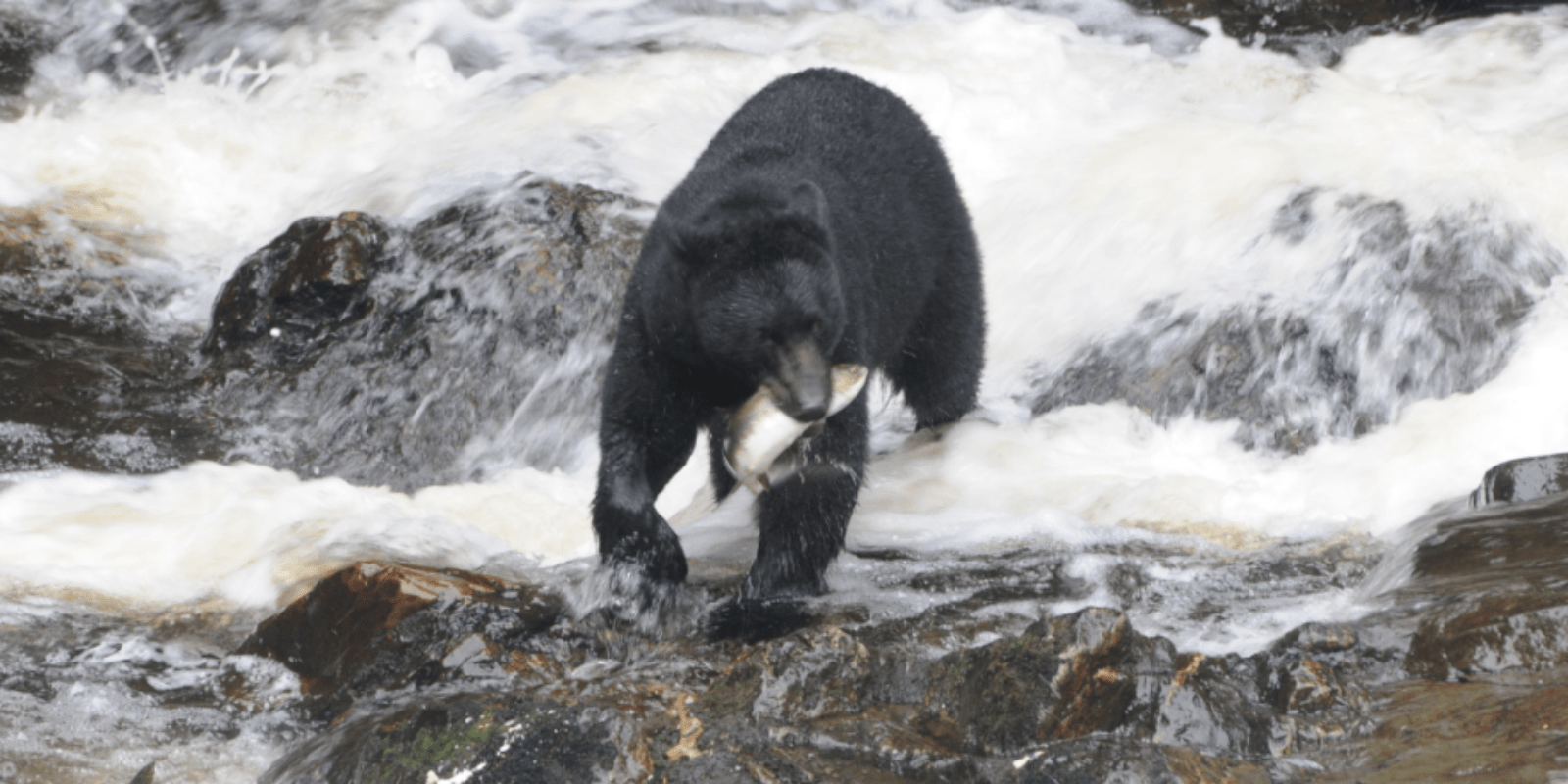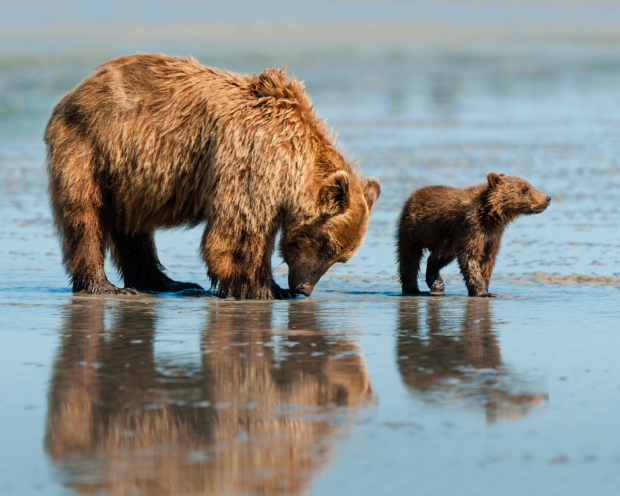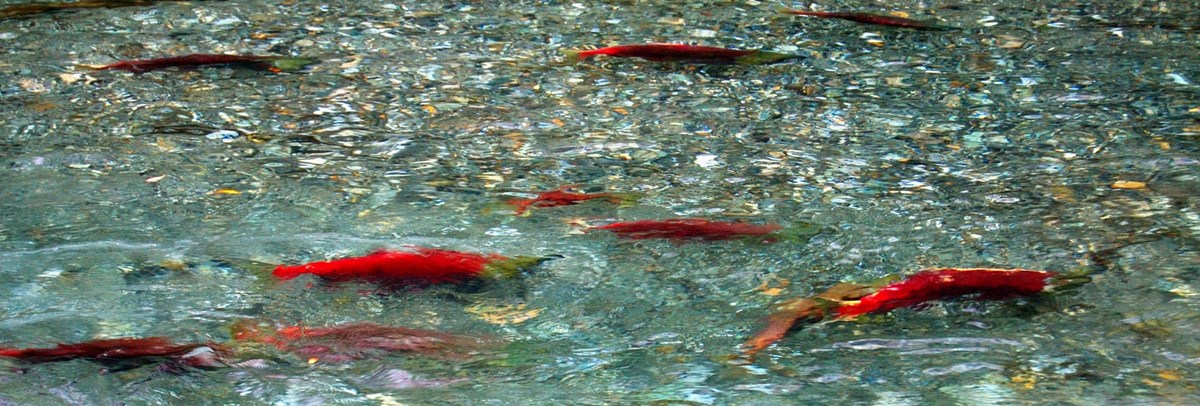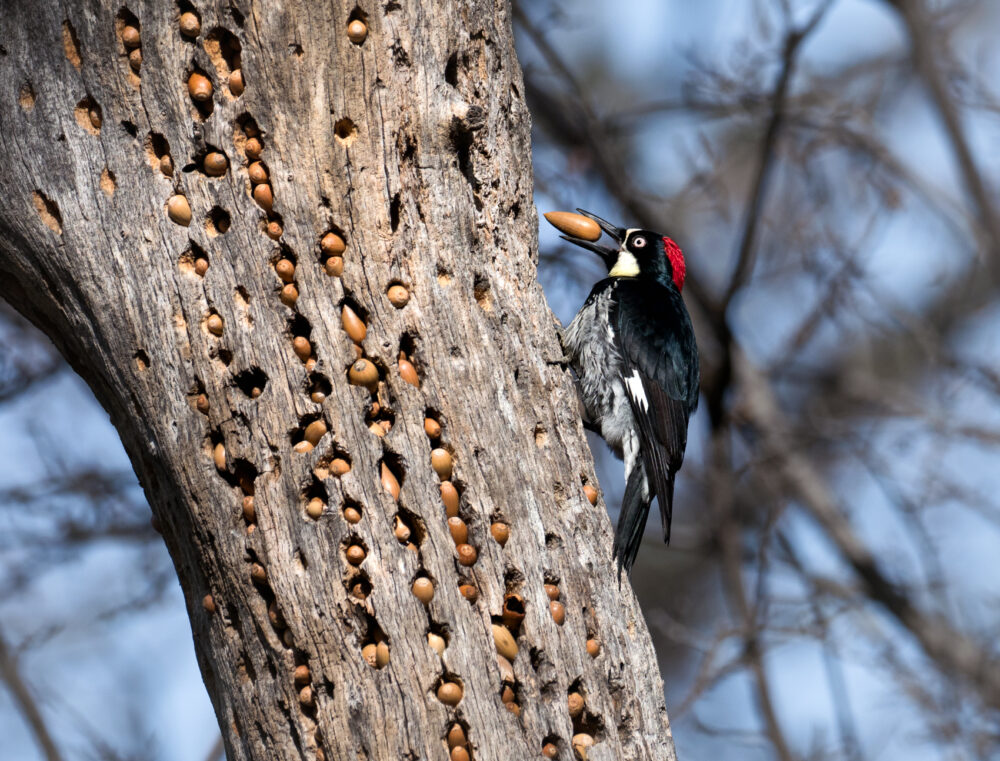We have much more to do and your continued support is needed now more than ever.
Opening up the Tongass is a Lose-Lose Proposition

The U.S. Forest Service has announced its intention to lift Roadless Rule protections on the Tongass National Forest. Removing these safeguards will have devastating consequences on both the wildlife and the local communities that depend on the forest. Read why Lance Preston, a commercial fisherman from Sitka, Alaska, believes the Tongass is so important to protect.
Last month I traveled from my home in Sitka, Alaska to Washington, DC to talk with lawmakers about the troubling likelihood that the U.S. Forest Service will lift the Roadless Rule protections on the Tongass National Forest. The size of West Virginia, the Tongass is the largest of our national forests and merges with an unspoiled marine environment as it spreads over a vast archipelago of thousands of islands. There’s a reason that stunning films like “Planet Earth” photographed here to document this thriving intact ecosystem. The abundant wildlife, the landscapes and seascapes, even our little towns and villages are nothing short of breathtaking.
One of the main reasons that the Tongass still exists in such a pristine condition is because of the 2001 Roadless Rule which prohibited road construction and large-scale timber extraction on more than 9 million acres. Now the Forest Service wants to erase those protections and allow timber companies to clear-cut the old growth forest.
Lifting the Roadless Rule will have long term negative consequences for watersheds, wildlife and local communities, and is exactly the wrong thing to do in response to a global climate crisis. The Tongass is home to many iconic species, including coastal brown bears, Sitka black-tailed deer, bald eagles and all five species of Pacific salmon. This temperate rainforest is a large carbon sink, sequestering 8-percent of the total carbon absorbed by all forests in the lower 48 states.

Despite arguments to the contrary, removing roadless protections will plainly harm southeast Alaska’s two most important economic drivers: tourism and a sustainable seafood industry. I’m a commercial salmon fisherman serving on the board of directors of the longest operating fisherman-owned seafood cooperative on the Pacific coast. Salmon is our lifeblood. I can tell you that we — and the many thousands of people directly and indirectly employed in the commercial and sport fishing industries of southeast Alaska — will not appreciate the spawning grounds of the Tongass being threatened by a roadless exemption. Especially if it’s just to prop up a small, waning timber industry, which represents less than one percent of the local economy and will get a short-term benefit at our long-term collective expense.
Opening up the Tongass to clear-cut logging is a lose-lose for almost everyone. I traveled to DC with Tlingit and Haida tribal representatives, whose people have lived in the region for time immemorial. They spoke passionately against lifting roadless restrictions. The VAST majority of all southeast Alaska residents oppose it, as made loud and clear in public and written testimony submitted to the Forest Service. It will plainly jeopardize the existing, thriving regional economy by damaging salmon habitat and the unspoiled wilderness people come to Alaska to see. And while the ice caps melt, sea levels rise, deserts expand, oceans acidify, forests burn, hurricanes rage, temperatures soar, and species go extinct, you’d think The Forest Service and the state of Alaska would acknowledge its responsibility to protect the Tongass, and not make it easier to destroy.
Take Action!






















